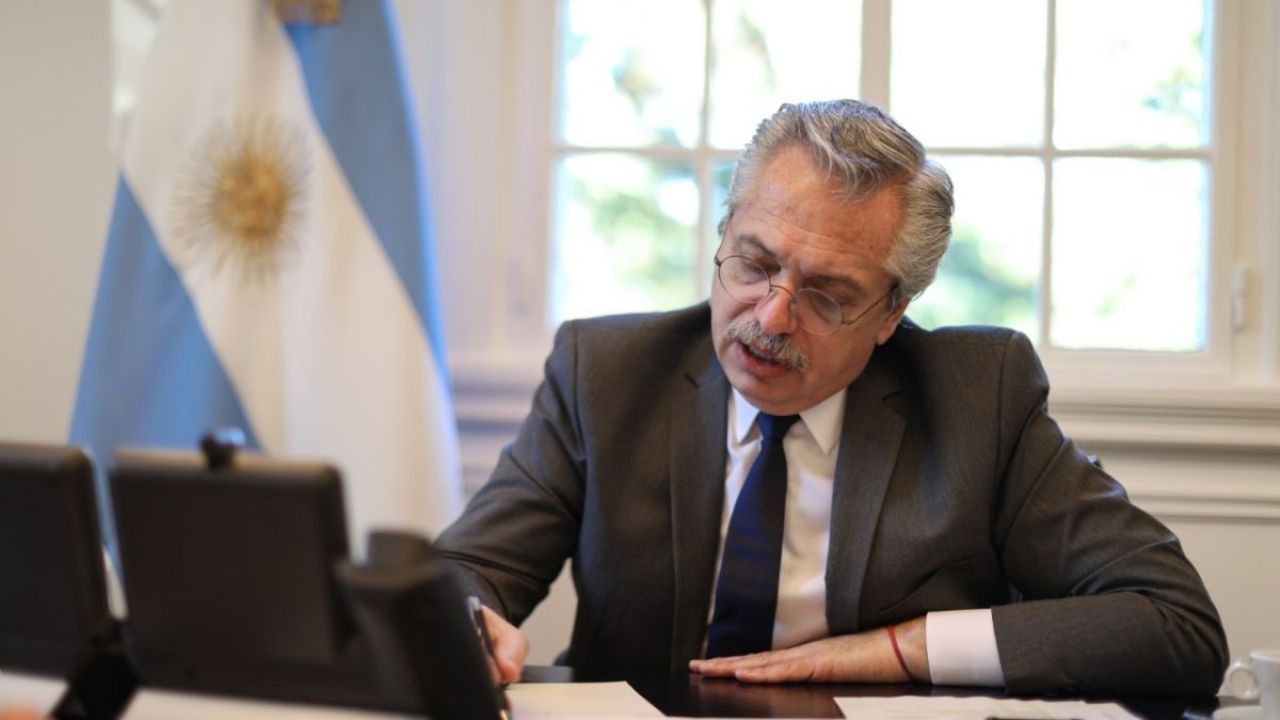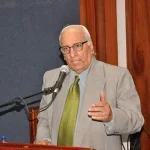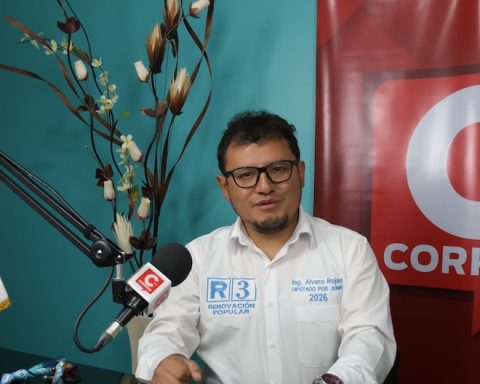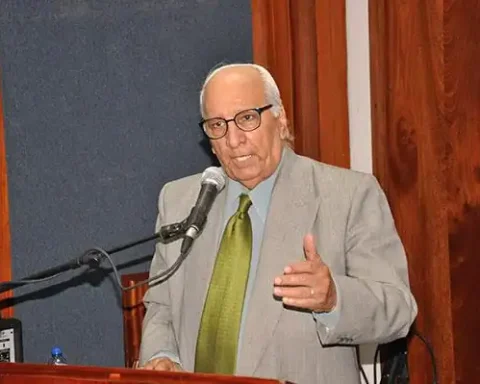After the controversy that took place with the vote of the Budget 2022, which according to the opposition was “invitable”, Alberto Fernández received almost immediately Sergio Massa, president of the Chamber of Deputies, to draw up a road map and define the steps to follow.
At a general level, the meeting left three key points: strengthen negotiations with the IMF (International Monetary Fund), advance in the establishment of another draft of Budget 2022 and seek methods that allow consensus with the opposition. In the middle, the multi-year plan.
At first, the new one “Law of Laws“It could only be debated at the venue after the agreement with the international organization and the approval of the multi-year program sent by Alberto Fernández. Meanwhile, after the rejection of the Budget 2022, the current one will be extended by simple decree.
As it transpired, It is expected that the President of the Nation will convene extraordinary sessions in Deputies and Senators for the multi-year plan through a DNU. Based on the rules, during the months of January and February only initiatives of the Executive Power can be dealt with.
Source: (Public Television)
How the negotiations with the Fund are coming
In Alberto Fernández’s last meeting with Kristalina Georgieva, director of the IMF, the effects of the rejection of the Budget 2022. According to what was indicated by the Argentine on Twitter, there was a commitment to materialize the agreement without compromising the recovery.
Along the same lines, the Bulgarian said: “Very good meeting on how to advance in our work to sustain Argentina’s recovery and address its economic challenges.” In addition, he referred to a “commitment” on the part of the teams to define a program.
Source: (Télam)
In this way, Georgieva stressed the intention to continue with the dialogue while awaiting a resolution regarding the differences within the political spaces. On several occasions, the Government highlighted the need for support from the opposition to reach an agreement.
Meanwhile, the Minister of Economy of the Nation, Martín Guzmán, pointed out that the rejection of the project is equivalent “to rejecting the macroeconomic programs that have become the basis of the discussions with the IMF.” In turn, he asked Congress for a “more open stance.”

















